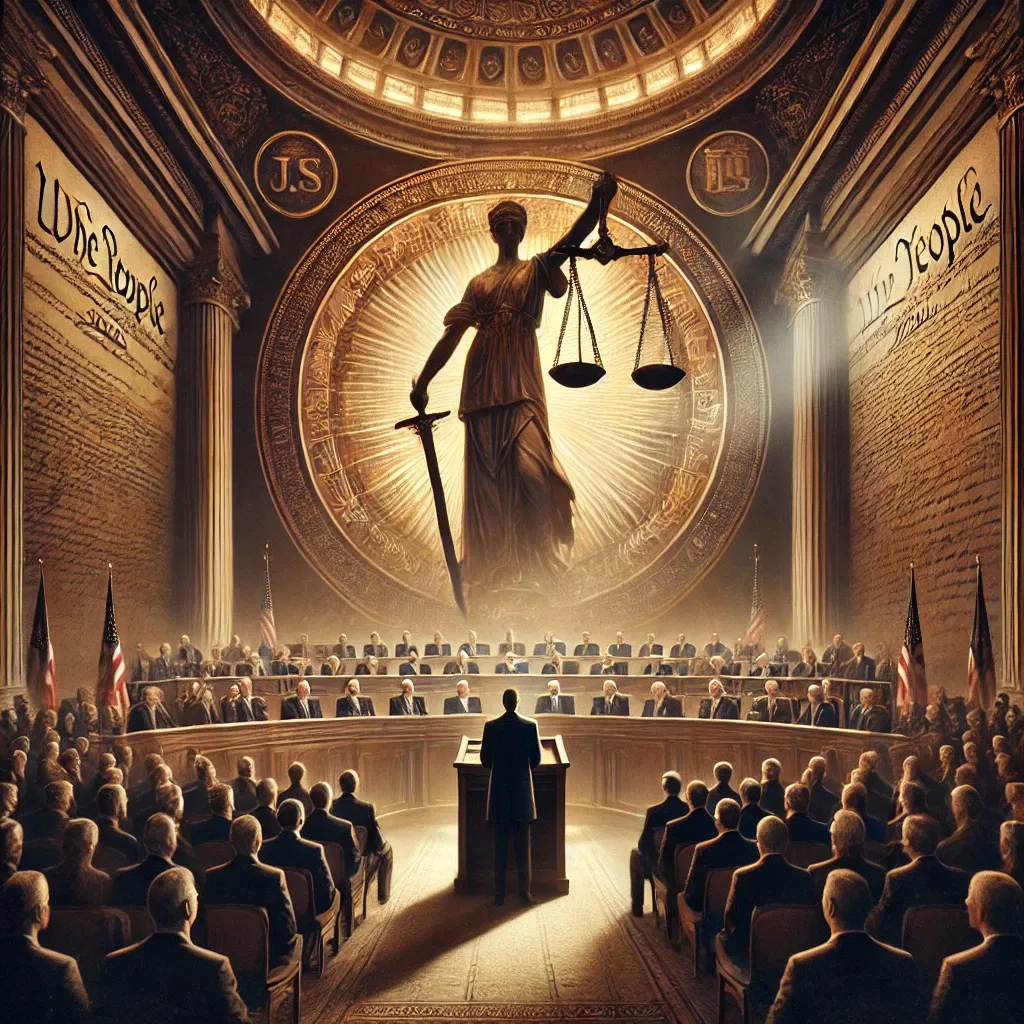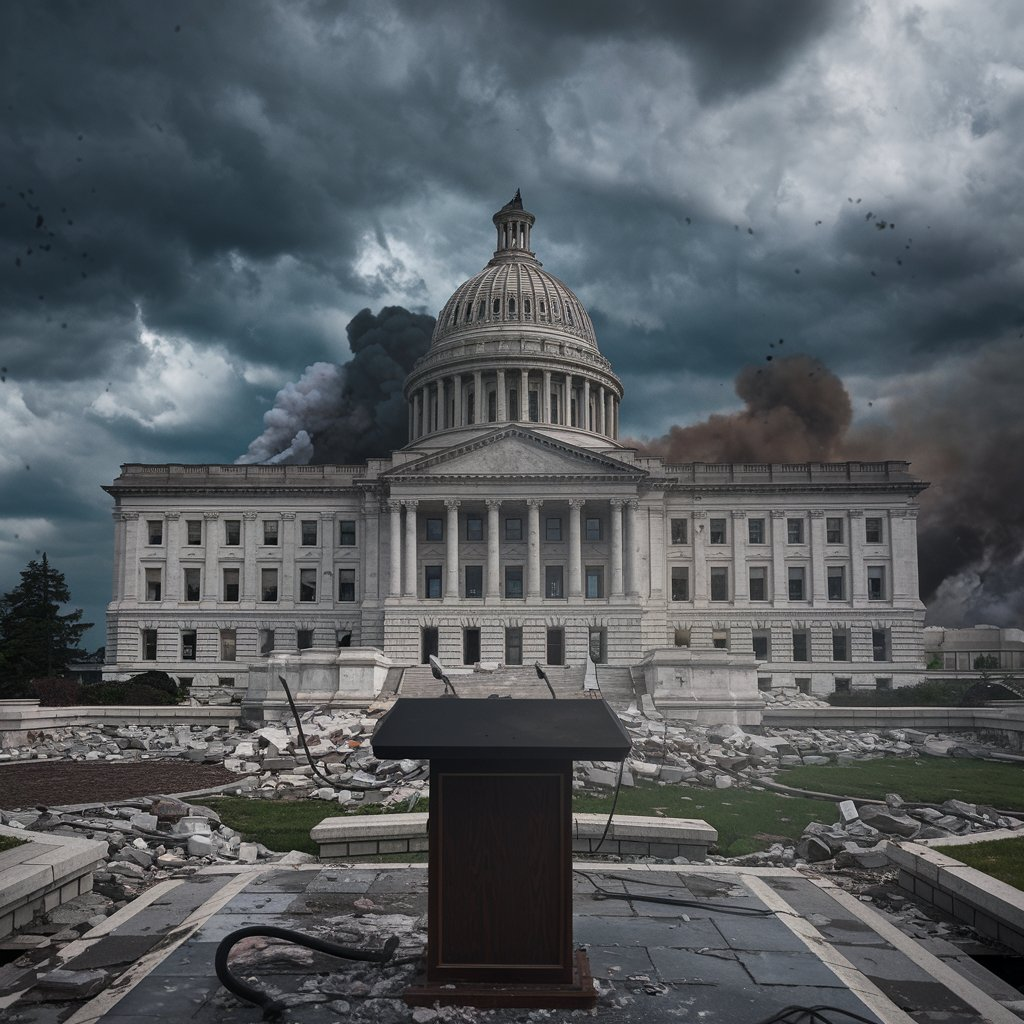Washington D.C. has always been shrouded in secrecy, corruption and scandal. Law makers and politicians often use their authority to safeguard information detrimental to the security of the nation but the vast majority of the time, they use their power to simply cover-up incriminating evidence. CNN reports on Washington’s culture of secrecy and the major problems with over-classification:
At the end of July, the Senate intelligence committee marked up legislation drafted in response to recent high-profile leaks of classified information. The committee’s chairwoman, Dianne Feinstein, claims that the bill will address the “culture of leaks” in Washington. But the leaks are a symptom of the intelligence community’s culture of secrecy — and the bill would make that problem worse in a host of ways.
Any insider will tell you that the government classifies far too much information. Top military and national security officials estimate that between 50% and 90% of classified documents could safely be released. That adds up to a massive amount of unnecessary secrecy when one considers there were 92 million decisions to classify information in 2011 alone.
The WikiLeaks disclosures featured some vivid examples, such as a cable from an American diplomat who classified his description of a typical wedding in the province of Dagestan.
The impetus for the current Senate bill — a series of leaks of classified information that may have been implicitly or explicitly “authorized” by top administration officials — illustrates the problem. High-level intelligence officials are not enemies of the state. If they are approving the disclosure of classified information, it’s a pretty safe bet the material didn’t require classifying in the first place.
Take the fact that President Obama is personally involved in identifying the targets of drone strikes, as reported by The New York Times, one of the disclosures that prompted congressional action. It is virtually impossible to fantasize a scenario in which this information could be used to harm the United States.
Over-classification contributes directly to leaks that threaten national security. As Supreme Court Justice Potter Stewart commented in 1971, “when everything is classified, then nothing is classified, and the system becomes one to be disregarded by the cynical or the careless, and to be manipulated by those intent on self-protection or self-promotion.”








